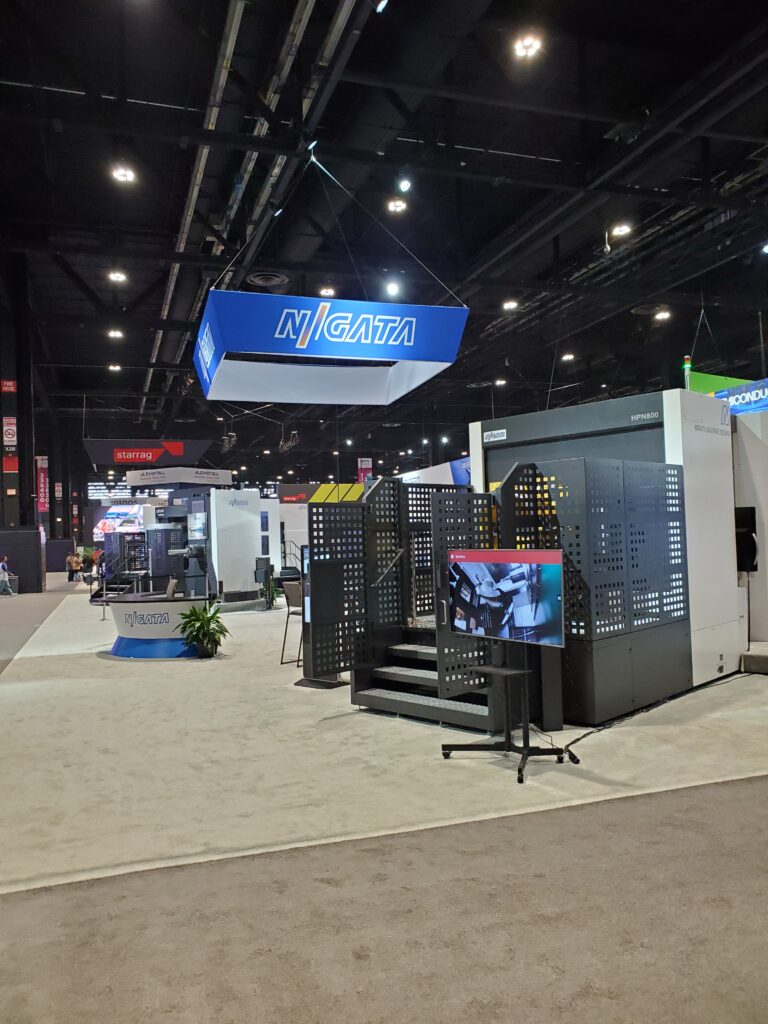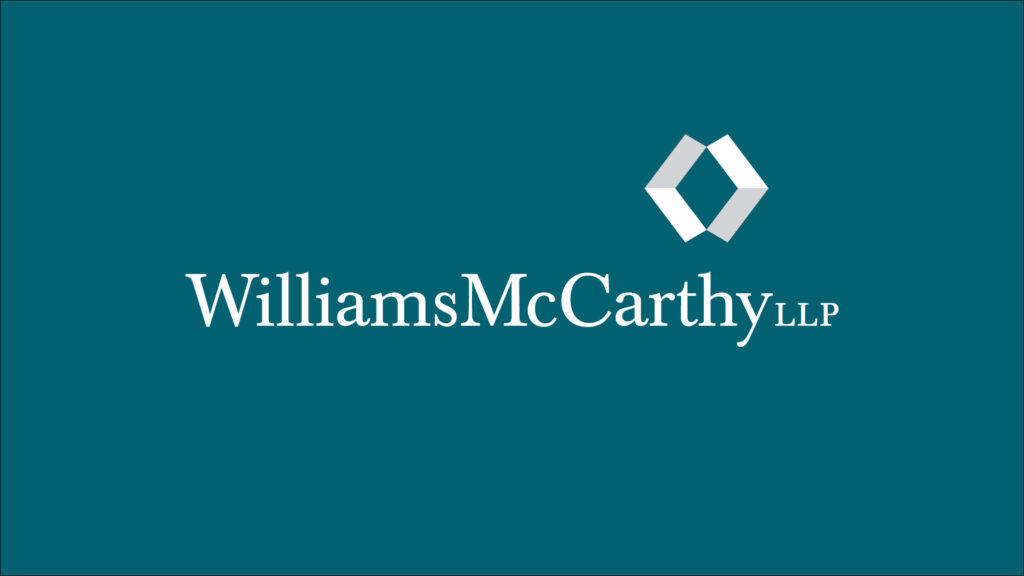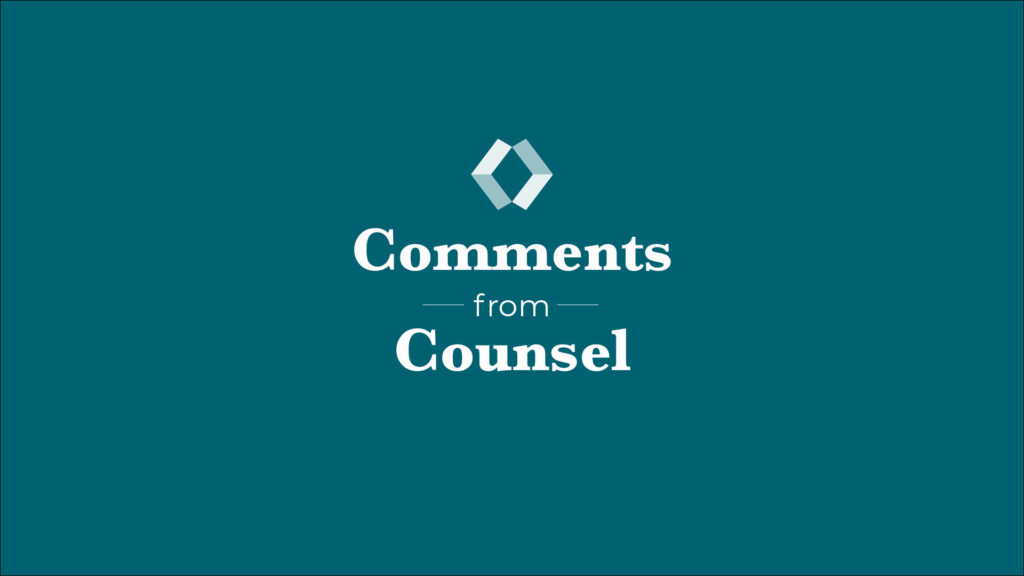If you’ve been sued for trademark infringement in a “Schedule A” case—particularly in the U.S. District Court for the Northern District of Illinois—you are not alone. These lawsuits often target dozens or hundreds of online sellers, many of whom are based overseas and may have never sold a single item in the U.S. Yet the consequences of ignoring such a case can be severe and long-lasting. This guide is designed to help you understand what Schedule A cases are, how they work, and why you need to take them seriously.
What Is a “Schedule A” Case?
A “Schedule A” case refers to a type of trademark infringement lawsuit where a brand owner sues numerous online sellers at once for allegedly selling counterfeit or infringing products. The defendants are typically listed in an exhibit labeled “Schedule A,” which is often filed under seal so the plaintiff can seek emergency court relief before the defendants are notified.
These cases are frequently filed in the Northern District of Illinois, which has become a hub for this type of litigation because courts there regularly grant temporary restraining orders (TROs) and asset freezes against foreign sellers without prior notice. Plaintiffs often use these early court orders to:
- Freeze PayPal, Amazon, or other payment accounts;
- Take down online storefronts and listings;
- Seize domain names;
- Block inventory in fulfillment centers.
How Schedule A Cases Play Out
- Complaint Filed: Plaintiff files a complaint under seal with hundreds of defendants listed in Schedule A.
- TRO and Asset Freeze: Court grants ex parte relief, freezing assets and taking down listings.
- Alternative Service: Court authorizes service via email or electronic publication.
- Default Judgments: If defendants do not appear or respond, plaintiffs request default judgments.
- Permanent Injunction and Damages: Final judgments often include permanent bans, damages up to $2 million per trademark, and forfeiture of all frozen assets. The Lanham Act, 15 U.S.C. § 1117(c), reads:
“Statutory damages for use of counterfeit marks
In a case involving the use of a counterfeit mark (as defined in section 1116(d) of this title) in connection with the sale, offering for sale, or distribution of goods or services, the plaintiff may elect, at any time before final judgment is rendered by the trial court, to recover, instead of actual damages and profits under subsection (a), an award of statutory damages . . . in the amount of—
(1) not less than $1,000 or more than $200,000 per counterfeit mark per type of goods or services sold, offered for sale, or distributed, as the court considers just; or
(2) if the court finds that the use of the counterfeit mark was willful, not more than $2,000,000 per counterfeit mark per type of goods or services sold, offered for sale, or distributed, as the court considers just.”
Common Defenses to Schedule A Cases
If you’ve been sued, you may have valid defenses that can reduce or eliminate your liability:
- Improper Joinder: Many Schedule A cases improperly lump unrelated sellers together, which may be grounds for dismissal of some of the claims.
- Lack of Jurisdiction: The court may lack personal jurisdiction over foreign sellers with minimal U.S. contact.
- Defective Service: Service via email or publication may be challenged.
- No Infringement: Your products do not violate any valid trademark rights.
- Lack of Confusion: There is no likelihood of consumer confusion.
- Fair Use: Descriptive or nominative use of a mark is protected.
Why You Should NOT Ignore a Schedule A Case
Even if you are based overseas and never intended to target U.S. customers, a default judgment can still do substantial harm:
- Asset Freezes: Your PayPal, Amazon, or bank accounts may already be frozen and will remain frozen if you don’t act.
- Permanent Account Terminations: Amazon, eBay, Etsy, and other platforms will often close accounts permanently once a judgment is entered.
- Large Monetary Judgments: U.S. courts often award statutory damages of $100,000 or more per defendant. The legal maximum is $2 million per mark.
- Loss of Domains and Listings: Judgments may order domain name transfers, removal of listings, and destruction of inventory.
- Reputation Damage: A judgment that brands you as a “counterfeiter” is publicly accessible and may scare away future partners, vendors, or customers.
- Global Enforcement Risk: U.S. judgments can be enforced abroad in countries like the UK, Germany, and others. Creditors may seize local assets or block bank accounts.
- No Opportunity to Settle: Once a default is entered, it is very difficult and expensive to vacate. Most plaintiffs will not negotiate after the fact. Simply put – you lose leverage to settle once they have a default judgment.
Possibility of Insurance Coverage
If you are a business facing a Schedule A trademark infringement lawsuit, it’s important to review your existing insurance policies. While not all policies cover intellectual property disputes, some commercial general liability (CGL) policies may provide a defense under the “personal and advertising injury” provisions.
Key points to consider:
- The policy must include “personal and advertising injury” coverage. In a Commercial General Liability (CGL) policy, “personal and advertising injury” coverage is typically found under Coverage B of the standard ISO CGL form (e.g., CG 00 01 04 13 or similar). This section provides coverage for liability arising out of specified offenses, including certain intellectual property-related claims.
- The alleged infringement must involve the “use of another’s advertising idea” or “infringement of copyright, trade dress or slogan in your advertisement.”
- Coverage is more likely if the alleged infringement occurred in marketing materials rather than in the product itself.
- Many policies contain exclusions for “knowing violations” or for trademarks specifically, so close reading and legal interpretation of the policy language, including the exclusions, is critical.
If you believe your insurance may apply:
- Promptly notify your insurer and request a defense.
- Consider engaging coverage counsel if the insurer denies the claim.
Even if indemnity is ultimately denied, the duty to defend is broader than the duty to indemnify, and some courts have required insurers to provide a defense while coverage is litigated. When an insurer provides for the insured’s defense, that means that the insurance company pays for its insured’s attorney’s fees while the issue of coverage is sorted out, which can be a substantial benefit to the insured. In addition, if the insurer is paying for the defense while reserving its rights to contest whether the claim is covered or not, that may give rise to a conflict that deprives the insurer of the right to control the defense and force you to use an attorney of its choice. In other words, you may have a right to hire your own, independent attorney and have the insurance company pay for it.
What You Should Do If you’ve been named in a Schedule A lawsuit:
- Consult an Attorney Immediately: Don’t wait until a default is entered.
- Review the Allegations: Determine whether you were wrongly included.
- Preserve Evidence: Keep records of listings, orders, and customer communications.
- Explore Settlement: Early settlement may allow for asset release and case dismissal.
- Review Your Insurance Policy: Seek coverage if you have a commercial policy that includes advertising injury protection.
Conclusion
Schedule A lawsuits are aggressive and often unfair to small and foreign sellers. But ignoring them is the worst mistake you can make. With the right legal strategy, it may be possible to avoid judgment, reduce exposure, or settle on favorable terms.
If you’ve been sued in a Schedule A case or had your assets frozen, contact a qualified attorney right away. The sooner you act, the more options you’ll have to protect your business and your reputation.

Joel Huotari is a partner at the law firm of WilliamsMcCarthy. He is a former federal law clerk in the Northern District of Illinois. His practice areas include trademark, copyright, trade secrets, commercial litigation, and other matters. You can contact him at Jhuotari@wilmac.com or (815) 987-8982.






